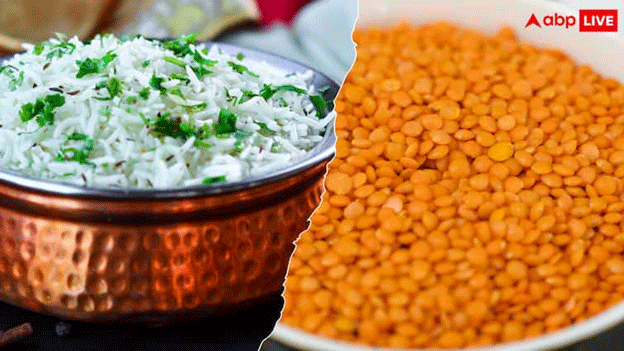How Tamil Nadu and Andhra Pradesh Rice Farmers Can Benefit from This Success
Aflatoxin contamination has been a major concern for global food safety, impacting agricultural exports. However, recent tests have shown that rice from Tamil Nadu and Andhra Pradesh is free from aflatoxin, making it eligible for export to premium markets like the European Union (EU). This development is a significant win for Indian farmers and exporters, potentially leading to higher profits and increased international trade.
What is Aflatoxin and Why Does It Matter?
Aflatoxin is a harmful toxin produced by certain molds that can contaminate grains, nuts, and other food products. High levels of aflatoxin exposure can cause serious health issues, including liver diseases and increased cancer risk. Due to these risks, international food safety regulations set strict Maximum Residue Limits (MRL) for aflatoxin in food products:
- EU standard: 2 mg/kg
- US standard: 20 mg/kg
- India (FSSAI) standard: 10 mg/kg
Tamil Nadu and Andhra Pradesh Rice Passes EU Standards
According to India’s Minister of State for Commerce and Industry, rice exported from Tamil Nadu and Andhra Pradesh over the past five years has consistently tested negative for aflatoxin contamination. This ensures compliance with strict EU food safety regulations, allowing farmers and exporters to access high-value international markets.
Key Data on India’s Rice Exports to the EU
- 111% increase in overall Indian rice exports to the EU between 2019 and 2023
- 500% rise in non-basmati rice exports to the EU in the same period
- Tamil Nadu and Andhra Pradesh rice exporters can now benefit from improved market confidence
What This Means for Indian Farmers and Exporters
- Higher International Demand: With aflatoxin-free certification, Indian rice can now compete more effectively with other global exporters.
- Better Prices for Farmers: Higher-quality rice can attract premium prices in international markets, directly benefiting farmers.
- Stronger Trade Relations: India can strengthen its position as a leading rice exporter, especially in the EU, where demand for non-basmati rice is growing.
India’s ability to meet strict international food safety standards is a game-changer for rice exports. The success of Tamil Nadu and Andhra Pradesh’s rice in passing aflatoxin tests highlights the potential for Indian agriculture to expand into premium global markets. With increasing demand and rising exports, farmers and exporters stand to gain significantly from this breakthrough.
Error




